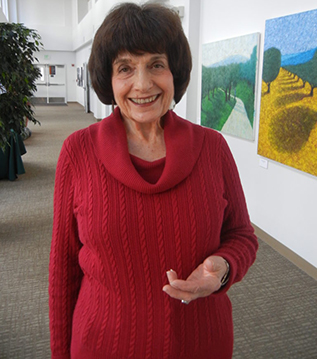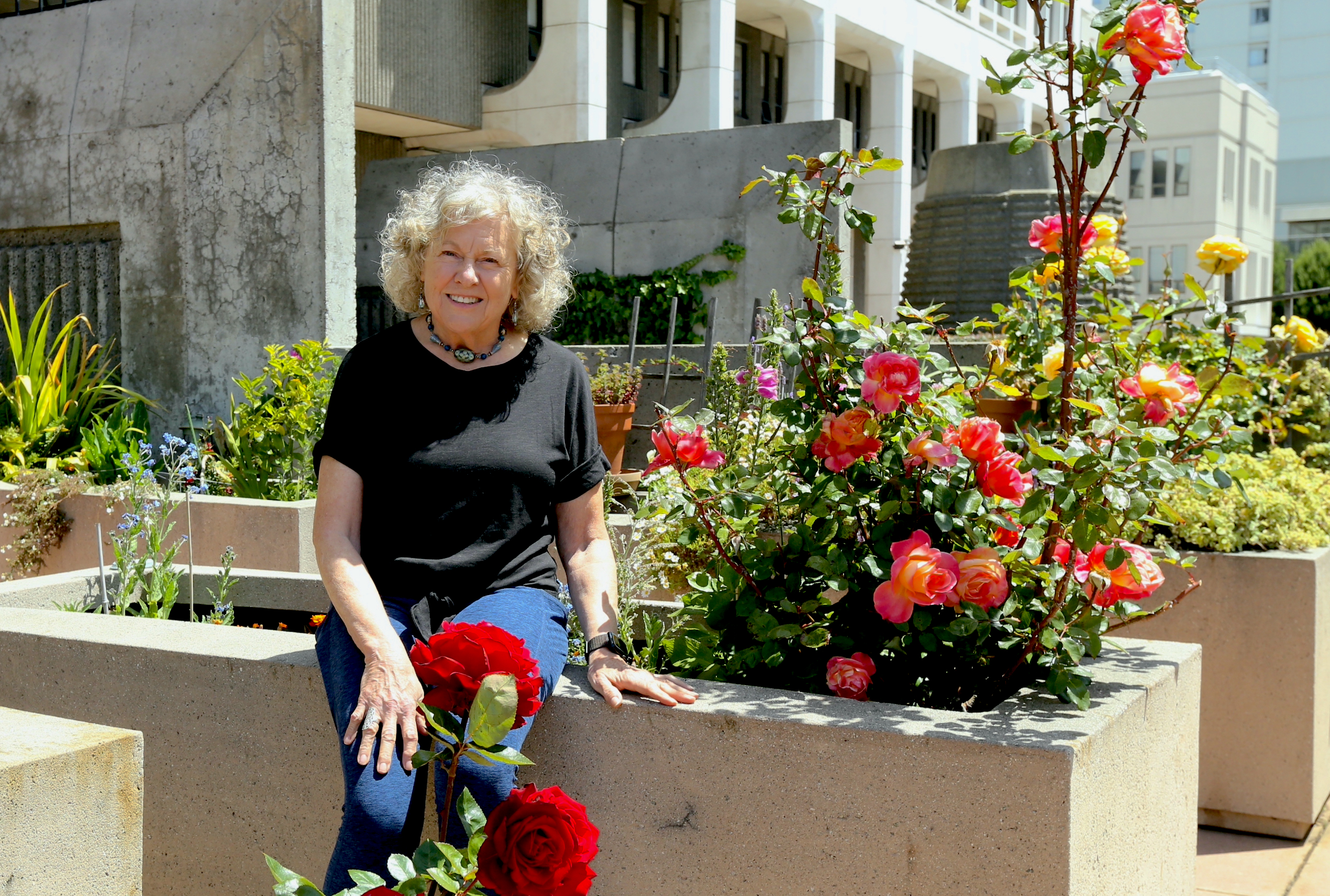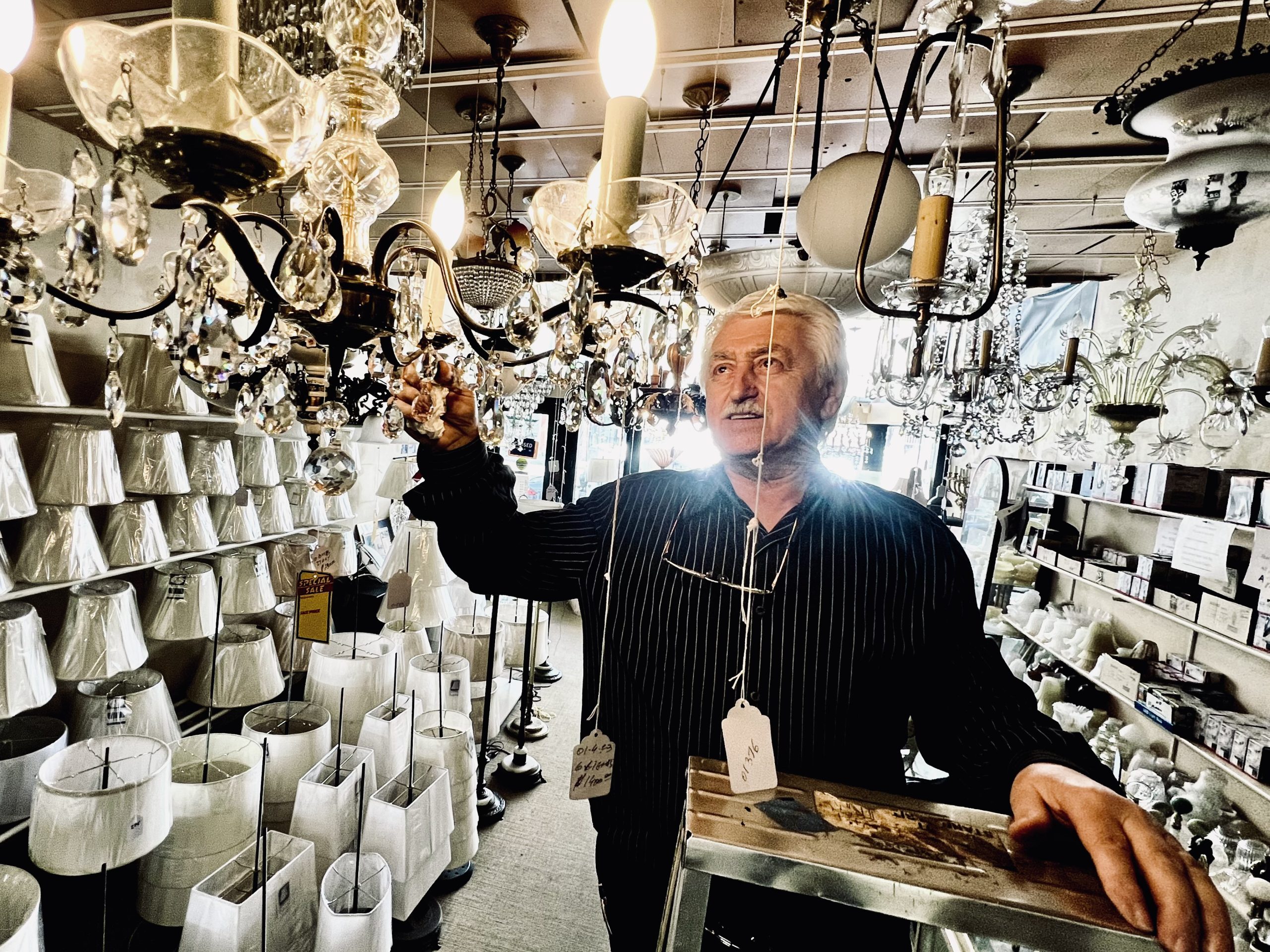Solo aging: Plan ahead so you’re not growing old without support
 “Who’s going to sit by your bed when the time comes?” asks eldercare consultant Betty Burr. If you’re a solo ager, that question may be hard to answer.
“Who’s going to sit by your bed when the time comes?” asks eldercare consultant Betty Burr. If you’re a solo ager, that question may be hard to answer.
A solo ager is someone who doesn’t have a spouse or children, or their children are geographically or emotionally unavailable, and there is no other family member close by, Burr said. According to estimates by The American Community Survey, part of the U.S. Census, 31 percent of people age 65 and older live alone in San Francisco County.
That age group represents 17 percent of the city’s total population, but 28 percent of those who live alone.
A management trainer for most of her working life, Burr went back to school in her 60s to get a master’s degree in gerontology from San Francisco State University. “After working as a mid-life transitional counselor, I found that solo aging was the vital issue for me,” she said. “I have a house with stairs which might be a problem as I age.”
Burr now puts on seminars to help people like her plan for how they’re going to get help when they need it. “There are several areas of care that we all need to pay attention to, but for solo agers the challenges are greater,” said Burr at a recent seminar at The San Francisco Village, a membership organization based in the Richmond District that helps older adults stay in charge of their lives.
“My mother, who lives in New York, is 104,” she said. “She’s hanging in there by a rope; what if I live that long?” Burr is 79.
Like many people, Burr has friends and relatives, but they might not be a solution. “I do have a brother I’m close to, but he lives in San Diego and I really don’t want to move there. I would miss the opera, ballet and theater,” she said. “Also, my best friend became a grandmother and she doesn’t have the time to get together very often.”
At the seminar, Burr complimented the attendees on their “bravery” for facing these issues. To encourage solo agers to put the infrastructure in place for later life needs, she handed out a four-page planning tool, Solo-Ager Awareness 101, and a one-page resource list. “These things are traditionally handled by spouses or adults children,” Burr said.
The list includes:
- Financial
- Medical
- Residential
- Social
- Legal
- Transportation
- Care management/caregiving
Burr recommends finding a team leader who, can either help herself, or delegate tasks such as estate planning, creating an advance health care directive, and care management. “If there is no one you know personally to lead your team,”Burr said, “you can hire a fiduciary,” a person named in private agreement or by court to assume responsibility for your medical, legal and financial matters.
For low income people, agencies such as On Lok, the San Francisco Institute on Aging, or perhaps the Aging and Adults Services office in your county, can offer help, Burr said, but added that “middle income people who have a house but no disposable income are perhaps in the hardest spot.”
Burr has a real empathy for people who do not have the finances to properly handle later life demands. “My dream is to create a volunteer organization where people would act as team leaders. And, they in turn, would have team leaders when their need arose – something like the ‘pay it forward’ concept.”
It’s vital for everyone to talk about the issues and do the work, Burr said. She reiterated what’s she’s heard time and time again from retirement coaches: “If it isn’t in writing, it’s not done; if you haven’t revised it in the last two to three years, it’s not done; If you haven’t shared it with your agent/advocate/proxy, it’s not done.”
Burr conducts more in-depth workshops on solo aging at the Peninsula Jewish Community Center, Foster City, once a month on a Sunday. She can be reached at 415-602-0012 or at betty@transitionsteps.com.





